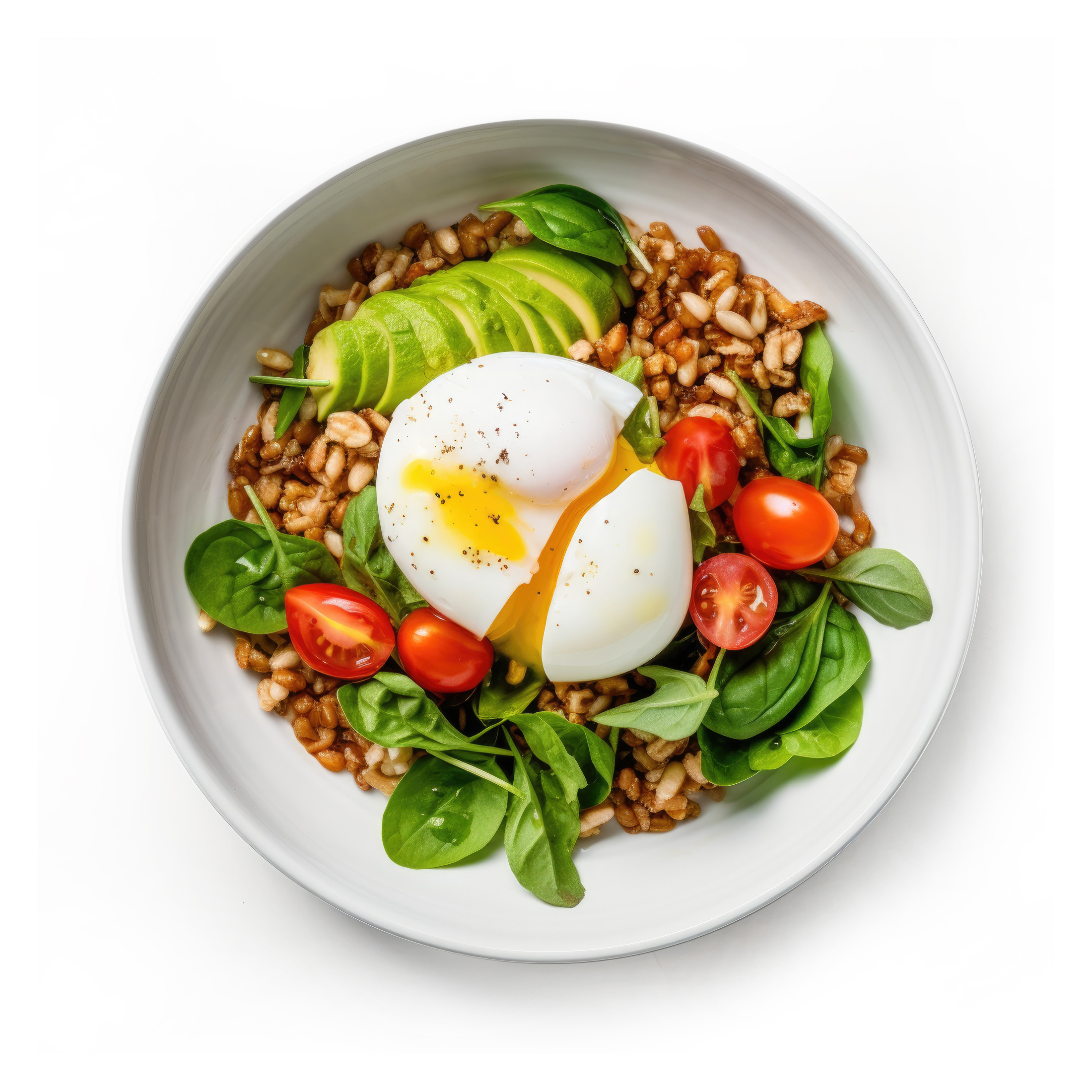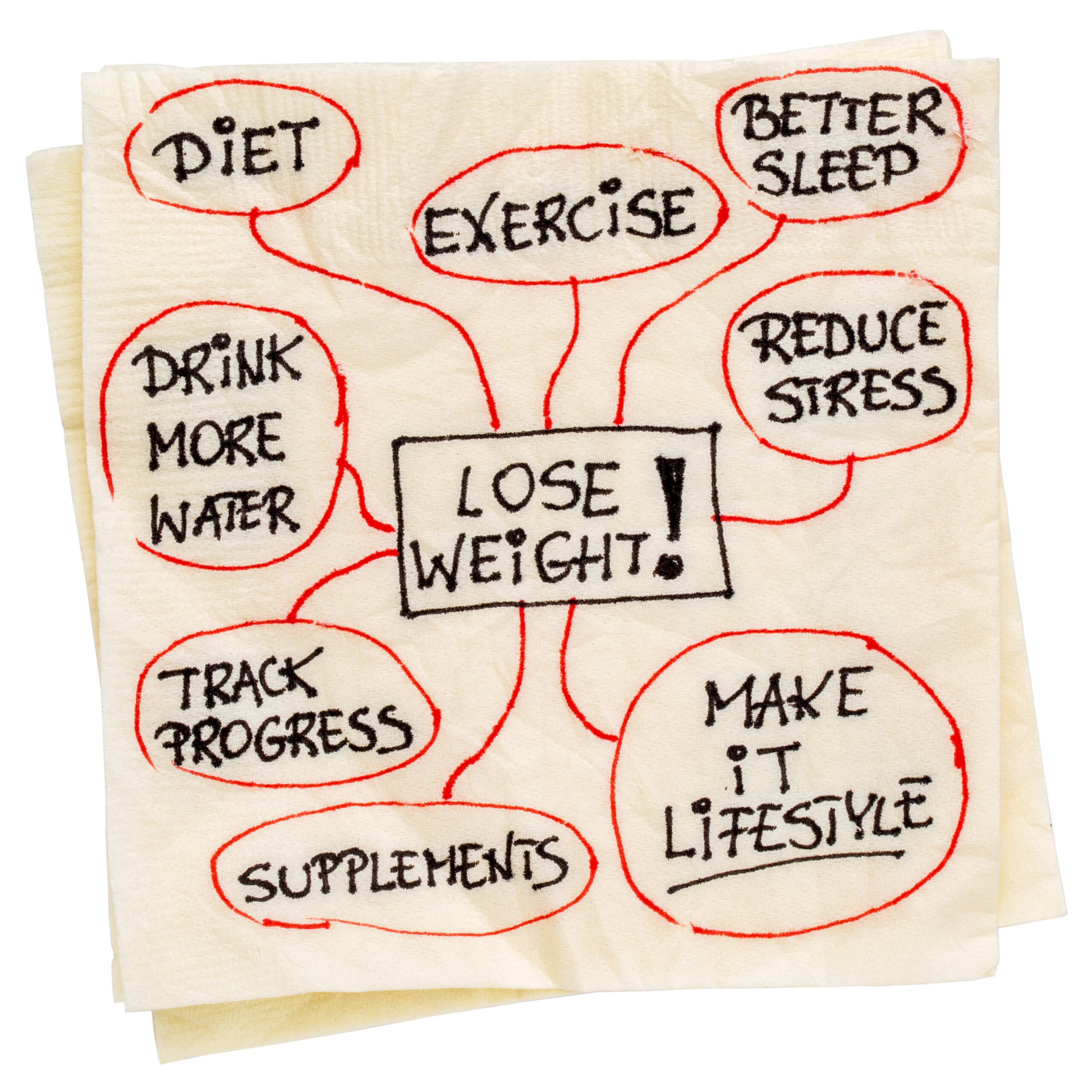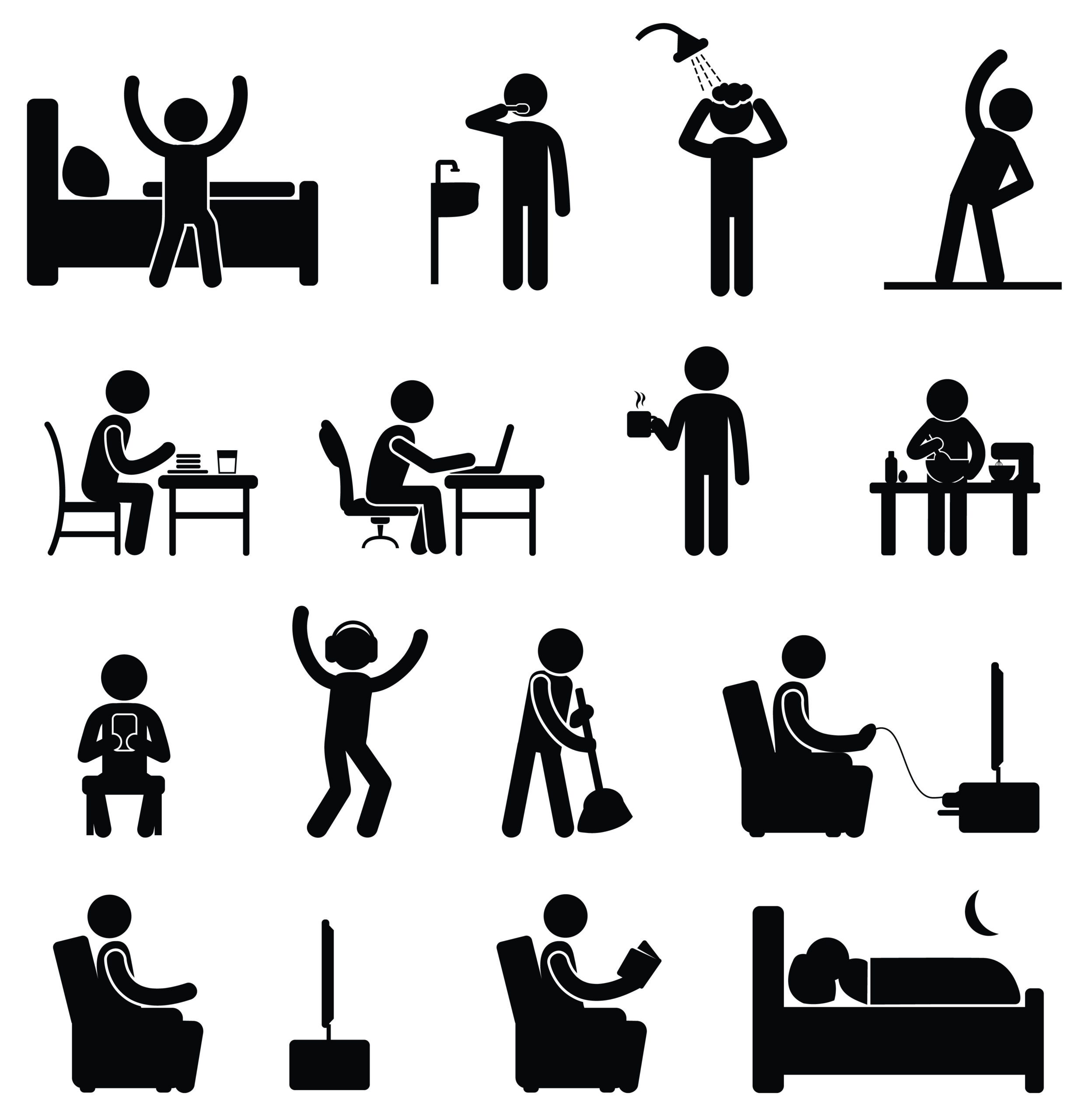Rise, Shine, and Slim Down: A Morning Routine for Optimal Fat Burning
February 1, 2024
 463
463 
A morning routine is more than just the start of your day; it’s the foundation of a successful Fat Burning/fat loss journey.
Embracing a routine that incorporates hydration, nutrition, exercise, mindfulness, and adequate sleep can profoundly impact your weight loss efforts.
This holistic approach ensures that every morning, you’re not just waking up; you’re setting the stage for a day that actively supports your fat loss goals.
By understanding and implementing a morning regimen tailored to optimize fat burning, you equip your body and mind with the tools needed for success.


The early hours of the day are a golden window for kickstarting your metabolism and setting a positive trajectory for fat burning.
This is not just folklore; it’s grounded in science.
Metabolic Kickstart:
Engaging in specific activities soon after waking up can significantly influence your metabolism.
Morning routines help signal to your body that it’s time to start burning calories, rather than conserving them.
Hormonal Balance:
One of the keys to unlocking your fat-burning potential lies in understanding and leveraging your body’s natural hormone cycles.
Cortisol, often dubbed the “stress hormone,” peaks in the morning.
While chronic high levels of cortisol can lead to weight gain, the natural morning peak is actually beneficial for fat loss.
This natural rise helps regulate blood sugar, metabolism, and inflammation.
Energy Levels:
A well-structured morning routine doesn’t just set your body up for fat loss; it also energizes you.
Activities that stimulate metabolism and balance hormones inevitably lead to higher energy levels throughout the day, making it easier to stay active and avoid unhealthy eating patterns.
Leveraging the morning cortisol peak effectively means engaging in activities that align with this natural rhythm, using it to your advantage for fat burning rather than letting stress take the wheel.
In the following sections, we’ll dive into specific elements of a morning routine that can help you maximize these benefits for optimal fat loss.


Beginning your day with a glass of water isn’t just a refreshing wake-up call; it’s a critical step in priming your body for optimal fat loss.
Hydration first thing in the morning jump-starts your metabolism, awakening it from its resting state and signaling that it’s time to get moving.
Kickstarting Metabolism:
Water consumption upon waking helps to immediately boost your metabolic rate.
This increase is crucial for starting the day on the right foot, metabolically speaking, enhancing your body’s ability to burn fat from the get-go.
Supporting Detoxification:
Beyond metabolism, water plays a pivotal role in the body’s natural detoxification processes.
It aids in flushing out toxins that have accumulated overnight, supporting healthy digestion and overall bodily function.
Enhanced Metabolic Support:
For an extra metabolic boost, consider adding a squeeze of lemon or a tablespoon of apple cider vinegar to your morning water.
Both are known for their ability to further increase metabolic rate and support digestion, adding a layer of support to your fat loss efforts.
Hydration should be your first priority upon waking, setting the metabolic tone for the day and ensuring your body is primed and ready for fat burning.


The adage “breakfast is the most important meal of the day” holds particularly true when it comes to fat loss.
A morning meal optimized for fat loss focuses on protein, healthy fats, and fiber, ensuring you stay full, satisfied, and energized.
Optimal Breakfast Components:
Protein:
Essential for building and repairing muscles, protein also keeps you feeling fuller longer.
It has a high thermogenic effect, meaning your body uses more energy to digest it, further boosting your metabolism.
Healthy Fats:
Sources like avocados, nuts, and seeds not only keep you satiated but also support hormone health, which is crucial for effective fat loss.
Fiber:
High-fiber foods, such as fruits, vegetables, and whole grains, help maintain steady blood sugar levels, preventing spikes and crashes that can lead to overeating.
Breakfast Ideas for Fat Loss:
A protein smoothie with spinach, a scoop of protein powder, almond milk, and a handful of berries.
An omelet loaded with vegetables, served with a side of avocado for healthy fats.
Overnight oats made with chia seeds, almond milk, and topped with nuts and a drizzle of honey.
Starting your day with the right breakfast not only fuels your body for the day ahead but also strategically supports your fat loss goals, keeping you on track from morning till night.


Incorporating exercise into your morning routine isn’t just about adhering to a fitness regimen; it’s about setting your body’s fat-burning capabilities to maximum from the start.
Morning workouts come with a unique set of benefits that can significantly impact your fat loss journey.
Benefits of Morning Workouts:
Increased Fat Oxidation:
Exercising on an empty stomach has been shown to increase fat oxidation.
This means your body is more likely to use fat as fuel, tapping into fat stores for energy.
Higher Metabolism Throughout the Day:
Kickstarting your day with physical activity boosts your metabolism early on, allowing you to burn more calories throughout the day, even at rest.
Effective Morning Exercises:
High-Intensity Interval Training (HIIT):
Short bursts of intense exercise followed by rest periods.
HIIT sessions can be as short as 20 minutes and are incredibly effective at burning fat.
Yoga:
For those looking for a gentler start, yoga can help stretch the body, reduce cortisol levels, and mentally prepare you for the day ahead.
Walking or Jogging:
A simple walk or jog, especially outdoors, can not only aid in fat burning but also improve your mood and energy levels for the day.
Incorporating any form of exercise into your morning routine sets a positive tone for the day, ensuring your body is in a prime state for fat loss.


Mental health is just as crucial as physical health in your fat loss journey.
Stress is a known contributor to weight gain, often leading to stress-induced overeating.
Incorporating mindfulness practices into your morning can help mitigate these effects.
Benefits of Mindfulness Practices:
Reduced Stress:
Mindfulness practices like meditation have been shown to lower cortisol levels, reducing overall stress.
Prevention of Overeating:
By becoming more mindful, you’re more likely to recognize hunger cues and eat in response to physical hunger rather than emotional stress.
Incorporating Mindfulness into Your Routine:
Meditation:
Start with as little as five minutes of meditation each morning to clear your mind and set intentions for the day.
Journaling:
Writing down your thoughts, feelings, and goals for the day can help in managing stress and staying focused on your weight loss objectives.
Mindful Eating:
Take the time to enjoy your breakfast without distractions, focusing on the taste, texture, and how the food makes you feel.
Mindfulness and mental preparation are key components of a morning routine aimed at fat loss.
By starting your day in a state of calm and intention, you’re more equipped to make healthy choices that align with your fat loss goals.


The foundation of an effective morning routine for fat loss actually begins the night before, with a good night’s sleep.
Quality sleep is paramount in ensuring that your body and mind are prepared to tackle the day ahead, especially when it comes to optimizing fat loss.
Connecting Sleep Quality and Fat Loss:
A restful night’s sleep directly influences hormonal balance, particularly the regulation of ghrelin and leptin, hormones responsible for hunger and satiety.
Poor sleep can lead to an increase in ghrelin (hunger hormone) and a decrease in leptin (satiety hormone), which can sabotage your fat loss efforts by increasing appetite.
Moreover, adequate sleep supports recovery from exercise, ensuring you’re in the best shape for your morning workout and the metabolic boost it provides.
Tips for Optimizing Sleep:
Establish a Consistent Sleep Schedule:
Going to bed and waking up at the same time each day sets your body’s internal clock, improving the quality of your sleep.
Create a Restful Environment:
Ensure your bedroom is cool, dark, and quiet.
Consider using earplugs or white noise machines if necessary.
Limit Screen Time Before Bed:
The blue light emitted by screens can interfere with your ability to fall asleep.
Try to disconnect at least an hour before bed.
By prioritizing sleep, you’re not only enhancing your ability to follow through with your morning fat loss routine but also directly contributing to the routine’s effectiveness.


Consistency is key in any fat loss journey, and this is particularly true for your morning routine.
Making your morning routine a sustainable habit is crucial for long-term success.
Importance of Consistency:
Adhering to a consistent morning routine maximizes the cumulative effect of the habits you’re building, from hydration and nutrition to exercise and mindfulness.
Strategies for Sustainability:
Start Small:
Begin with one or two elements of the routine and gradually build up.
This approach prevents overwhelm and increases the likelihood of sticking to the routine.
Plan Ahead:
Prepare as much as you can the night before (e.g., lay out workout clothes, prep breakfast ingredients) to streamline your morning.
Be Flexible:
Life happens, and it’s essential to be adaptable.
If you miss a workout or deviate from your routine, don’t beat yourself up.
Adjust as needed and get back on track the next day.
Setting Realistic Goals:
Establish clear, achievable goals for your morning routine and fat loss efforts.
Celebrate small victories along the way to stay motivated.
By fostering consistency and allowing for flexibility, you can make your morning routine an enduring part of your lifestyle, paving the way for sustainable fat loss and enhanced overall well-being.
We’ve navigated through the essential elements that constitute the ultimate morning routine for optimizing fat loss, from the moment you wake and hydrate, to fueling with the right breakfast, engaging in targeted morning exercise, practicing mindfulness, securing quality sleep, and maintaining consistency.
Each component plays a vital role in not just shredding unwanted fat but in enhancing your overall well-being.
Embracing the Morning Rituals for Holistic Health:
This journey begins with understanding the science behind morning fat loss, acknowledging the power of starting your day with hydration, and choosing a breakfast that aligns with your fat loss goals.
Incorporating exercise into your morning routine not only burns calories but invigorates your mind and body for the day ahead.
Mindfulness practices set a positive tone, reducing stress and making you more attuned to your body’s needs.
Quality sleep acts as the cornerstone of this routine, ensuring your efforts are effective and sustainable.
Finally, the importance of sticking to this routine cannot be overstated, as consistency is the key to unlocking the transformative power of these morning rituals.
A Call to Action for a Healthier Lifestyle:
We encourage you to not view this morning routine merely as a tool for fat loss but as a gateway to a healthier, more balanced lifestyle.
These rituals, when embraced fully, offer benefits that transcend the numbers on the scale, including improved mental clarity, enhanced mood, and increased energy levels.
It’s about nurturing your body and mind, setting yourself up for success each day.
As you embark on or continue your journey toward health and fat loss, remember that the morning holds the key to unlocking your full potential.
By establishing and adhering to a morning routine that encompasses these key elements, you’re not just working towards a leaner physique but towards a richer, more vibrant life.
Let this be the moment you commit to not only transforming your mornings but your entire approach to health and well-being.
Embrace these rituals, make them your own, and watch as they revolutionize your day, your health, and your life.
If you have trouble suppressing your appetite and need some natural help, we suggest these Himalayen oil Drops…take just 2 seconds and put it under your tongue for 60 seconds and look forward to reducing appetite and cravings for sugary foods with added benefits of more energy, mental clarity, better circulation and less anxiety
References:


In recent years, seed milks have gained popularity as a nutritious and eco-friendly alternative to dairy and other plant-based milks. Marketed as a healthy option, these beverages are often touted for their rich nutrient profiles and sustainability. However, a closer look reveals that not all seed milks are created equal. Many contain hidden ingredients and […]


NOTICE TO THE PUBLIC! A vast array of products seen in American grocery stores are notably absent on European shelves. This is not due to a lack of international trade but rather stringent food safety regulations in the European Union. Many popular American foods are banned in Europe due to concerns about health risks and […]


Did you know that there lurks an invisible ingredient in meat that has been raising health concerns —It is called meat glue- scientifically known as transglutaminase? Transglutaminase is an enzyme used to bind pieces of meat together to create larger, more uniform cuts that creates a seamless appearance. According to the American Meat Institute, it […]